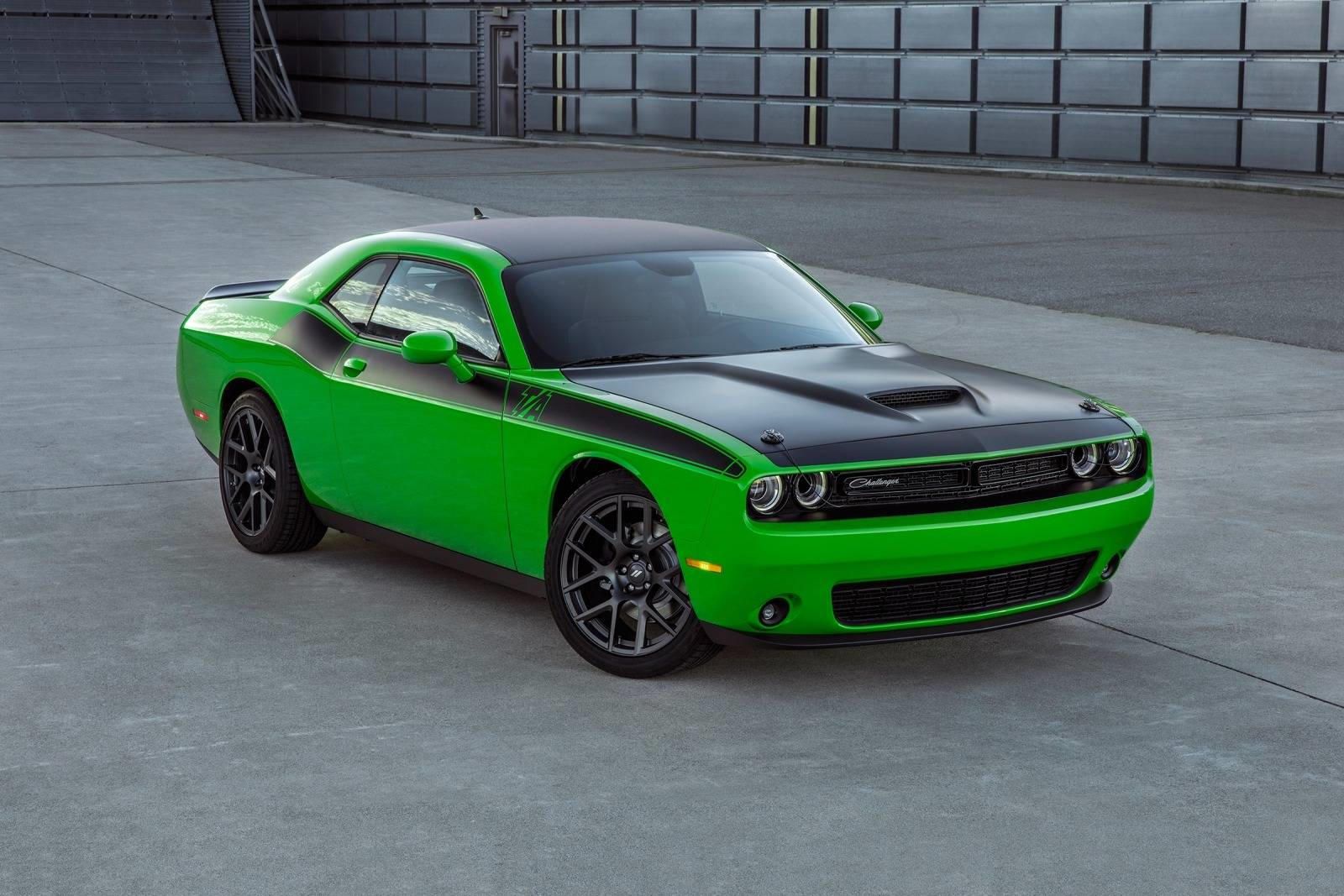
UPDATE: Reuters has withdrawn the article that served as a source for the following story "because of its flawed interpretation of data on ethanol-plant pollution and fuel-production capacity [which] led to inaccurate estimates of carbon emissions for individual ethanol plants named in the story."
It's widely understood that the mining, refinery, and transportation of lithium, which is critical for the production of all-electric cars, among other factors, can often have a greater long-term impact on the environment than traditional gasoline. EVs are not a universal fix for our environmental challenges, which is why the automotive industry is also looking at hydrogen and other so-called sustainable fuels. One of the quick fixes often proposed is the use of ethanol fuel in place of regular gasoline, but it's not as simple as it looks. In fact, ethanol could be even worse than gasoline in the long run, according to research from Reuters.
According to the news agency's analysis of federal data, America's ethanol plants produce more than double the pollution per gallon of fuel production capacity than its oil refineries. "The average ethanol plant chuffed out 1,187 metric tons of carbon emissions per million gallons of fuel capacity in 2020, the latest year data is available," reads the report. "The average oil refinery, by contrast, produced 533 metric tons of carbon."
How did this happen? After all, we use ethanol as an octane booster because it was seen as cleaner than lead and other primitive fuel additives. Well, these ethanol plants are far dirtier than they're mandated to be because they take advantage of various loopholes.
The Environmental Protection Agency (EPA) writes out new regulations to meet the goals that Congress has agreed on, and for ethanol processors, these regulations include a requirement for plants to use certain emissions-control processes that the EPA believes will culminate in emissions lower than those of gasoline production. However, more than 95% of US ethanol plants have been exempted from these requirements because of a provision that excused plants under construction or already built before the emission-control legislation was passed. And these plants provide America with more than 80% of its ethanol; the decision to rely on ethanol appears to do the environment more harm than good.
Under the Renewable Fuel Standard (RFS) of 2007, which evolved from 2005's Energy Policy Act, America's oil refiners are required to mix some 15 billion gallons of corn-based ethanol into gasoline annually. That's a good idea, but the ethanol refining process hasn't evolved as expected since then.
In addition, the principles behind bringing the act forward did not account for the fact that big corporations could find a way around sustainability requirements. While various environmental groups have argued that the EPA should set an expiration date for exemptions or bring them to an end for plants that are substantially upgraded or expanded, the EPA declined to do so.
Then there's the fact that the full "life cycle" of ethanol may be even more carbon-intensive than it seems, as the below video explains. When land not already used for crops is tilled for the first time, a huge amount of carbon dioxide is released into the atmosphere, making the production of the fuel even more carbon-intensive. Sure, ethanol burns cleaner than gasoline, but many other aspects of the fuel's implementation may be highly unsustainable.
What the above video and the Reuters report also highlight is that nobody seems able to agree on a standard of emissions measurement. While some studies show that ethanol can be far cleaner, others show it to be far more damaging. These findings all vary depending on a study's projection period, what aspects of production are being evaluated, and who funds the study - cue the conspiracy theories.
2022 is the last year that the existing fuel blending requirements under the RFS are valid, which means that the EPA needs to enact new, cleaner requirements (to be proposed in May 2023). Sadly, unless the EPA examines all of the evidence and the long-term impacts of unsustainable ethanol refining, new rules will likely be a band-aid fix for the current fuel emissions levels, putting Dodge Challenger and Tesla Model 3 fans at odds forever.




